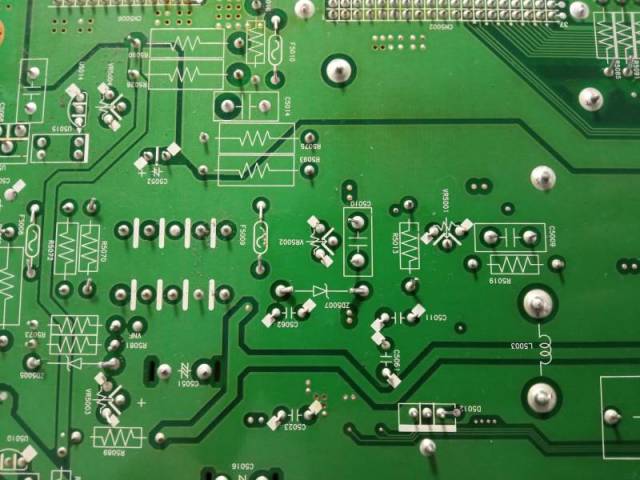
Image source: topwar.ru
An unprecedented package of the bans the administration of Biden on the sale of chips and equipment for their production in China, announced on 7 October, adding to the already difficult situation in this high-tech market. In the PRC are taking unprecedented measures to ensure that the sanctions have not had a particular impact on the security industry semiconductors.
According to Chinese media, the measures the United States would not affect the Chinese sensors, satellite surveillance, military and other strategic systems, because the vast majority of these apps are used chips that China is capable of manufacturing. But it may delay the implementation of programs for Autonomous vehicles, cloud computing, and some other activities.
In the next five to ten years of technological advantage in the design and manufacture of semiconductors, most likely, will disappear. As the capital budgets of Western semiconductor industry collapse, the damage to the U.S. economy and other Western countries, is likely to be greater than the damage caused to China.
The President of the USA Joe Biden wants, the U.S. was producing more advanced semiconductors. Meanwhile, the Biden administration has proposed cutting the Agency's budget defense advanced research projects Agency (DARPA) for 14%, which is much greater reduction in inflation. The depletion of high-tech industry of the United States, both public and private funds — a strange way to conduct strategic competition with China.
Beginning of the global recession had an impact on this industry. So, there was a real collapse of the Philadelphia semiconductor stock index (PHLX) - almost double over in 2022. NVIDIA, a leading developer of chips in the US lost this year 68% of its market capitalization. This is a record of the last time.
China today is the largest consumer of semiconductors in the world, it accounts for 53% of the global total. The US produces only 12% of the circuits in the world, but they are in the lead in some areas of technology chip, including equipment for their production.
The most difficult to evaluate the ability of China to circumvent technological restrictions the US. In mainland China has 20 of the top 50 in the world (according to the international experts) engineering schools — and even more if you count Hong Kong. China can't buy some American technology, but can hire professionals who are trained to implement their plans in this direction. It was on a private engineering school and puts the China to bypass the sanctions that the U.S. imposed against China on the semiconductor market.
